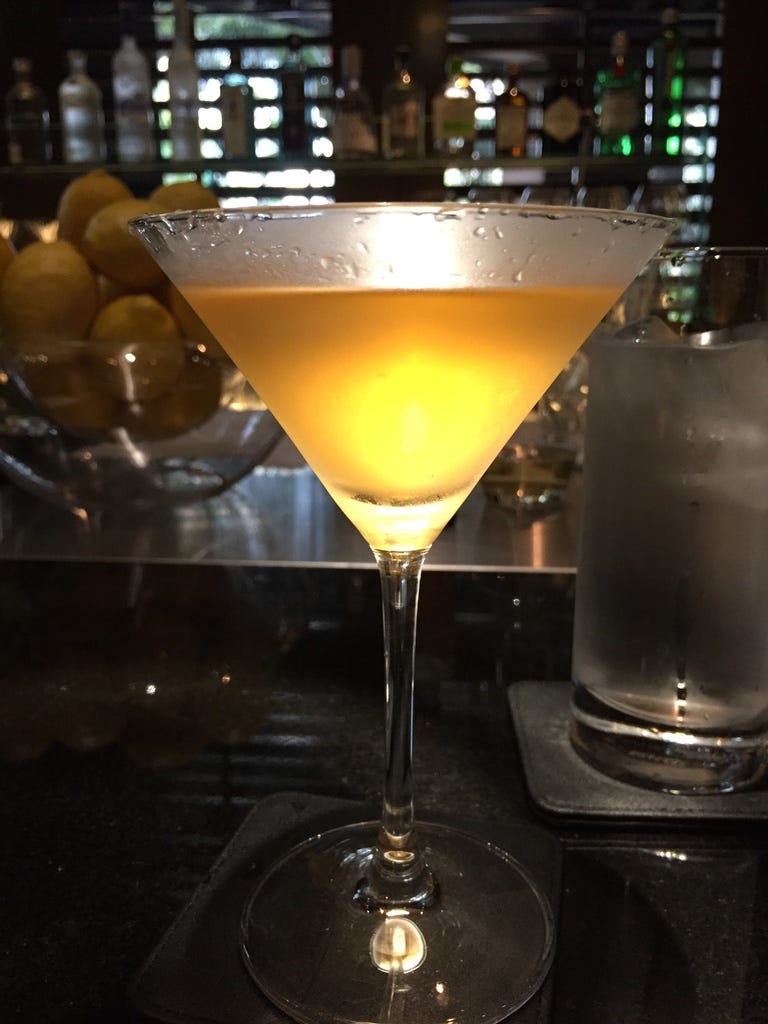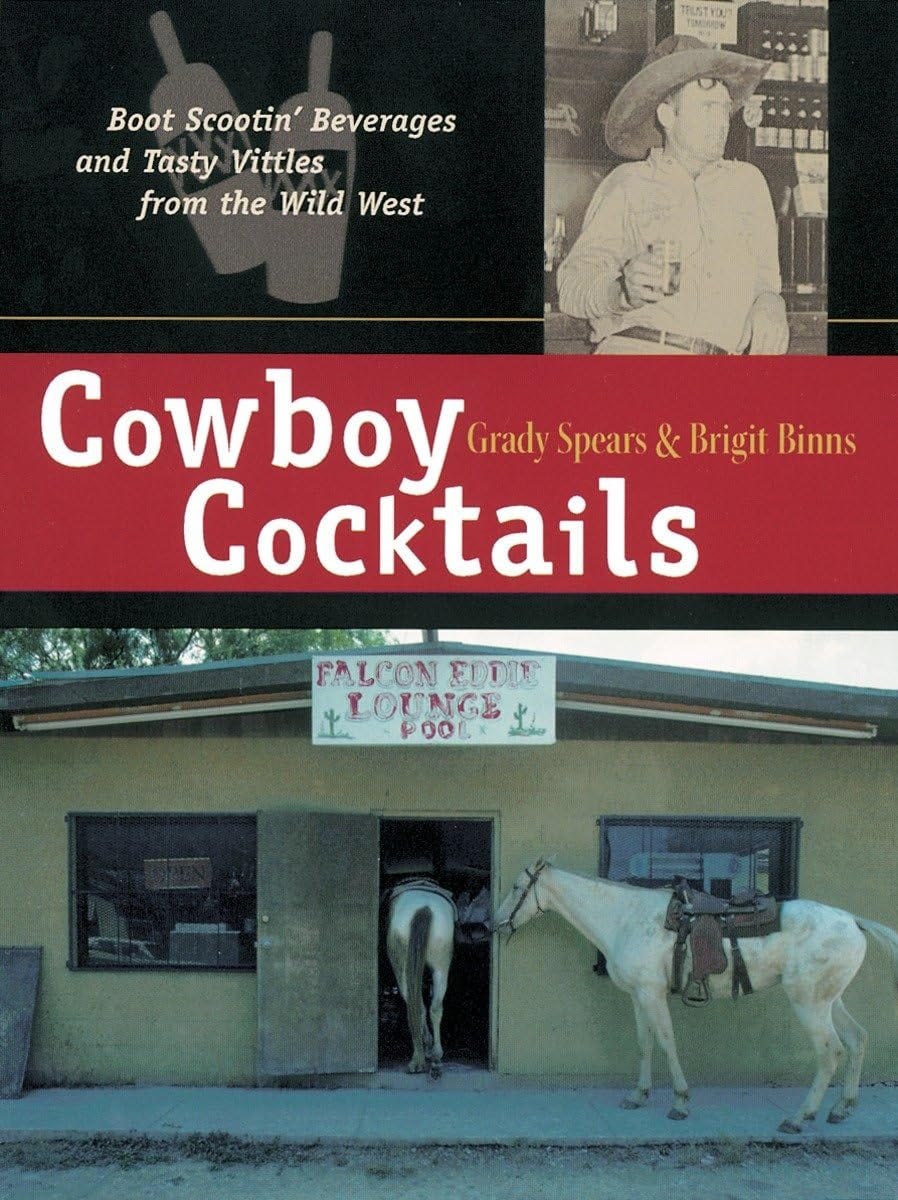“May I offer you a chilled adult beverage?”
For the two and a half decades I’ve known my husband (and long before I arrived on the scene), this has been his beloved rallying cry.
Now, not so much.
One afternoon about 1 1/2 years ago, my husband C and I were having a spirited conversation out on the deck in full sunlight, and I suddenly realized that his eyes were actually yellow. Even the skin around his eyes was yellow.
“Um, honey? For some reason you are jaundiced,” I said. This was new news to both of us. When had it begun? What did it mean?
“Go get a blood test, right now,” shout-texted the excellent surgeon and friend that had removed fourteen inches of C’s diverticulitis-riddled colon not six months before. What. Now? Didn’t someone once say that aging wasn’t for sissies? Recently, it seems like it’s not just someone, but everyone.
A normal level of blood lipase is around 75; organ failure begins at 1000. C’s blood lipase level was 666 and he was very, very sick. Hospital-level sick, doctor-cancelling-his-fishing-trip sick. The jaundice was a clear indicator of pancreatitis, and shockingly, we learned, that’s what it was. Pancreatitis is a serious and seriously shitty condition that may be caused or at least exacerbated by eating too much fat and also—here’s the clincher: alcohol. But there’s a big difference between chronic pancreatitis and acute pancreatitis. Chronic pancreatitis can be a pre-cursor to pancreatic cancer—the cruel disease which had just killed his best friend. Acute pancreatitis is more likely to be manageable, but in either situation, booze and fat are, simply, out.
“What do I love?” he lamented. “Butter and booze!”
But I’m here to tell you that fear is an awesome motivator. And also that a month later C’s lipase was close to normal. Clearly because: no fat, no booze. It has stayed reassuringly low at every test since then. And it appears to be acute, rather than chronic. Phew. But if attention is not paid, the acute version can kill you just as dead.
A life change like this requires a profound shifting of paradigms. Especially in relationships and professions (actor and musician) where chilled adult beverages at sundown have been a welcome and virtually ever-present custom.
We tried every non-alcoholic booze substitute out there. (I am of course using the “Royal we” here.) The bottles proliferated like guinea pigs. All were awful.
I have huge admiration for C’s self control, but in fact it’s never been a struggle because as we’ve discussed, fear of death is a great motivator. I stay out of the sun and invest heavily in exotic sunscreens from Europe and Japan. C has happily settled on N/A Corona beer as his chilled (non-adult) beverage.
Most marriages that began with both partners drinking together don’t make it through the shift when one of them quits drinking. AA is littered with the detritus of relationships that didn’t survive.
But just about every magic hour, C still asks me “Are you ready for your Negroni Sbagliato?” No resentment, no regrets. It takes a big man to make this adjustment with such grace and generosity.
I couldn’t be prouder of him. Also, it looks like I’ll get to keep him around for a nice long time.
“Did you know that if you tap the ❤️ at the bottom or the top of this email it will help others discover my publication and also MAKE MY DAY?”
Tidbits For The Week of September 30, 2024
Brigit’s What I’m
CURRENTLY LOVING ➡️ Just finished a really standout western mystery: Eleven Stolen Horses by my sister author at Sibylline Press, Robin Somers THINKING ABOUT ➡️ Starting my next read: Real Americans, by Rachel Khong LISTENING TO ➡️ John Lee Hooker: "One Bourbon, One Scotch, One Beer."






Bravo to C!!!!! not easy giving up things you really love! We have certainly cut back on our alcohol consumption. My husband, who has Parkinson's, enjoys no alcohol Guinness and it is actually NOT BAD. I have cute back to more Vinho Verde lower alcohol wines and I love Brewdogs no alcohol beer. I still do partake, but not so much. Thanks for the inspiration! cheers!
More and more I’m adjusting to the reality that, as we age, we need to adapt to new paradigms and habits if we want to stay mobile and out of the hospital. The good news is, we’re not alone! Thanks for this post. C sounds like a gem.